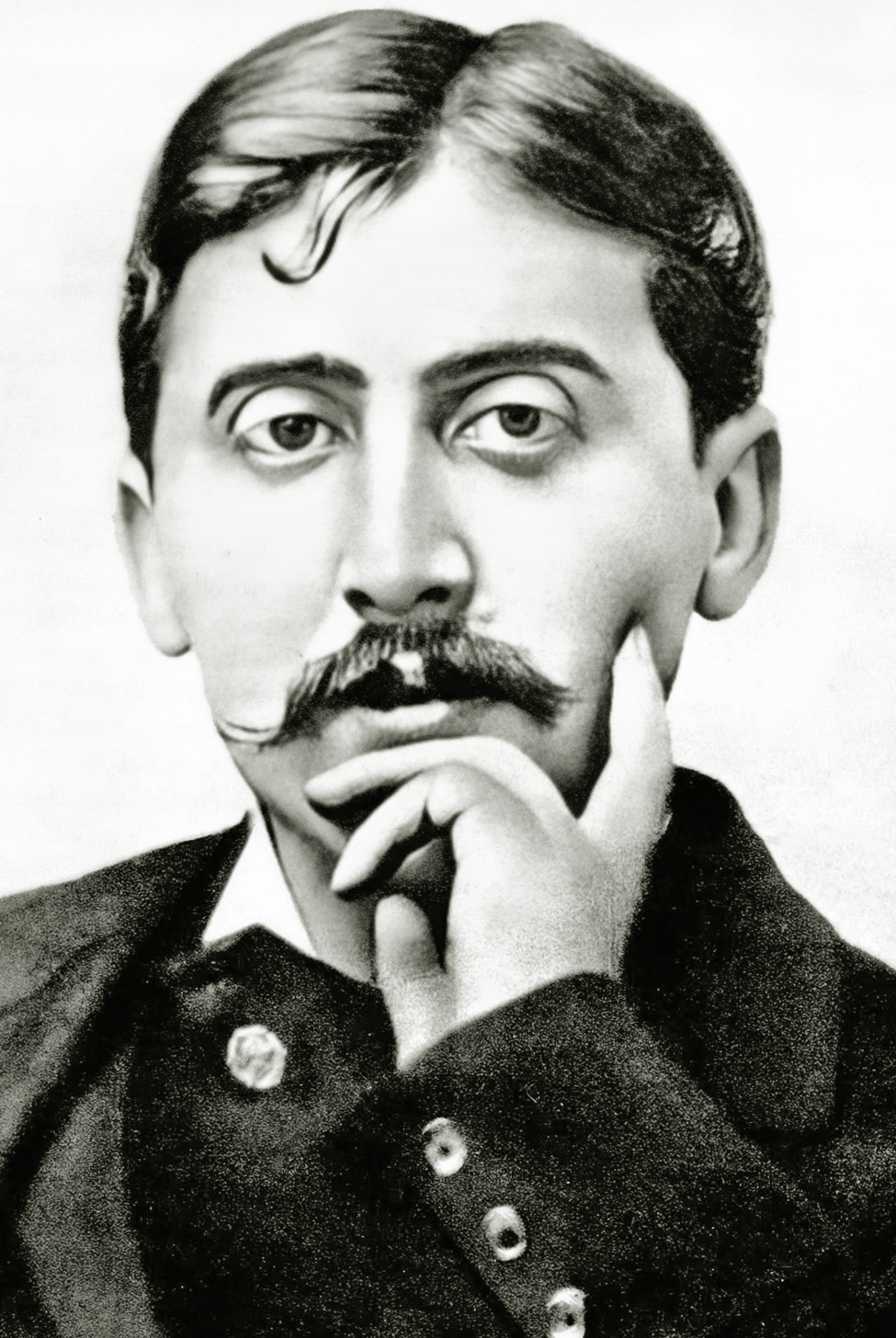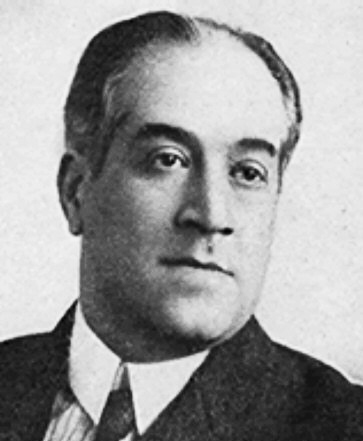|
Robert Dieudonné
Robert Dieudonné (23 June 1879 – 30 September 1940) was a French playwright and journalist of the first half of the 20th century. Works He authored letters, lyrics, libretti and caricatures * July 1904: he created the characters of countess Riguidi and her daughter Emma in the newspaper ''L'Œuvre (journal), L'Œuvre'' by Gustave Téry, a column that he continued in ''Le Canard enchaîné''. * 1918: ''Le cochon qui sommeille ou le coq d'Inde'', operetta by Georges Gabriel Thenon, Rip, (revision) by Robert Dieudonné, music by Claude Terrasse, directed by Georgé, Concert Mayol. * January 1920: ''Gigoletto'', operetta in 2 acts, libretto by Rip and Robert Dieudonné, music by Albert Chantrier, La Cigale. * May 1923: ' operetta in 3 acts after Georges Courteline adapted by Robert Dieudonné and Carpentier, Théâtre des Nouveautés. * September 1924: ''La Guitare et le jazz-band'' by Henri Duvernois and Robert Dieudonné, Théâtre des Nouveautés, 22 September. * January 1 ... [...More Info...] [...Related Items...] OR: [Wikipedia] [Google] [Baidu] |
L'Œuvre (journal)
''(The Masterpiece)' is the fourteenth novel in the '' Rougon-Macquart'' series by Émile Zola. It was first serialized in the periodical ''Gil Blas'' beginning in December 1885 before being published in novel form by Charpentier in 1886. The title, translated literally as "The Work" (as in work of art), is often rendered in English as ''The Masterpiece'' or ''His Masterpiece''. It refers to the struggles of the protagonist Claude Lantier to paint a great work reflecting his talent and genius. is a fictional account of Zola's friendship with Paul Cézanne and a fairly accurate portrayal of the Parisian art world in the mid 19th century. Zola and Cézanne grew up together in Aix-en-Provence, the model for Zola's Plassans, where Claude Lantier was born and received his education. Like Cézanne, Claude Lantier is a revolutionary artist whose work is misunderstood by an art-going public hidebound by traditional subjects, techniques and representations. Many of the characteristics ... [...More Info...] [...Related Items...] OR: [Wikipedia] [Google] [Baidu] |
Reynaldo Hahn
Reynaldo Hahn de Echenagucia (9 August 1874 – 28 January 1947) was a Venezuelan-born French composer, conductor, music critic, and singer. He is best known for his songs – ''mélodies'' – of which he wrote more than 100. Hahn was born in Caracas but his family moved to Paris when he was a child, and he lived most of his life there. Following the success of his song "''Si mes vers avaient des ailes''" (If my verses had wings), written when he was aged 14, he became a prominent member of ''fin de siècle'' French society. Among his closest friends were Sarah Bernhardt and Marcel Proust. After the First World War, in which he served in the army, Hahn adapted to new musical and theatrical trends and enjoyed successes with his first opérette, ''Ciboulette'' (1923) and a collaboration with Sacha Guitry, the musical comedy ''Mozart (comédie musicale), Mozart'' (1926). During the Second World War Hahn, who was of Jewish descent, took refuge in Monaco, returning to Paris in 19 ... [...More Info...] [...Related Items...] OR: [Wikipedia] [Google] [Baidu] |
Writers From Paris
A writer is a person who uses written words in different writing styles, genres and techniques to communicate ideas, to inspire feelings and emotions, or to entertain. Writers may develop different forms of writing such as novels, short stories, monographs, travelogues, plays, screenplays, teleplays, songs, and essays as well as reports, educational material, and news articles that may be of interest to the general public. Writers' works are nowadays published across a wide range of media. Skilled writers who are able to use language to express ideas well, often contribute significantly to the cultural content of a society. The term "writer" is also used elsewhere in the arts and music, such as songwriter or a screenwriter, but also a stand-alone "writer" typically refers to the creation of written language. Some writers work from an oral tradition. Writers can produce material across a number of genres, fictional or non-fictional. Other writers use multiple media such ... [...More Info...] [...Related Items...] OR: [Wikipedia] [Google] [Baidu] |
Officers Of The Legion Of Honour
An officer is a person who has a position of authority in a hierarchical organization. The term derives from Old French ''oficier'' "officer, official" (early 14c., Modern French ''officier''), from Medieval Latin ''officiarius'' "an officer," from Latin ''officium'' "a service, a duty" the late Latin from ''officiarius'', meaning "official." Examples Ceremonial and other contexts *Officer, and/or Grand Officer, are both a grade, class, or rank of within certain chivalric orders and orders of merit, e.g. Legion of Honour (France), Order of the Holy Sepulchre (Holy See), Order of the British Empire ( UK), Order of Leopold (Belgium) *Great Officer of State * Merchant marine officer or licensed mariner * Officer of arms *Officer in The Salvation Army, and other state decorations Corporations *Bank officer *Corporate officer, a corporate title **Chief executive officer (CEO) **Chief financial officer (CFO) **Chief operating officer (COO) *Executive officer Education *Chief acade ... [...More Info...] [...Related Items...] OR: [Wikipedia] [Google] [Baidu] |
Marie-Renée Ucciani (courrier) 1917, Poilu, Carte De Voeux De Robert Dieudonné, Collection Ucciani
Marie-Renée Ucciani (27 March 1883 – 19 February 1963) was a French painter and sculptor. A member of the Société des Artistes Français, she exhibited in its Salon in the 1930s. Biography Marie-Renée Ucciani was born in the 3rd arrondissement of Paris on 27 March 1883. Her father was , a painter, jeweler and goldsmith. Her mother, Hortense (née Bégard), was an heiress and the manager of an important jeweler and goldsmith business, "Bégard H. et Cie". In May 1903, she married Georges Baudy (1880-1960), who took over the business, "Bégard H. et Cie" on 8 February 1911. Their youngest daughter died at the age of two following a fall in the Tuileries Garden, which destabilized the marriage. Ucciani divorced and tried to forget this tragedy by painting and sculpting. Ucciani was introduced to painting at a very young age by her father. From 1906, she painted in Villers-sur-Mer in the company of Léon Giran-Max, her cousin , and her father, in a style influenced by Post-Impr ... [...More Info...] [...Related Items...] OR: [Wikipedia] [Google] [Baidu] |
Legion Of Honour
The National Order of the Legion of Honour ( ), formerly the Imperial Order of the Legion of Honour (), is the highest and most prestigious French national order of merit, both military and Civil society, civil. Currently consisting of five classes, it was originally established in 1802 by Napoleon, Napoleon Bonaparte, and it has been retained (with occasional slight alterations) by all later French governments and regimes. The order's motto is ' ("Honour and Fatherland"); its Seat (legal entity), seat is the Palais de la Légion d'Honneur next to the Musée d'Orsay, on the left bank of the Seine in Paris. Since 1 February 2023, the Order's grand chancellor has been retired General François Lecointre, who succeeded fellow retired General Benoît Puga in office. The order is divided into five degrees of increasing distinction: ' (Knight), ' (Officer), ' (Commander (order), Commander), ' (Grand Officer) and ' (Grand Cross). History Consulate During the French Revolution, all ... [...More Info...] [...Related Items...] OR: [Wikipedia] [Google] [Baidu] |
Henri Duvernois
Henri Duvernois (4 March 1875 in Paris - 30 January 1937 in Paris) was a French novelist, playwright and screenwriter. Filmography *''La Guitare et le Jazz-band'', directed by Gaston Roudès (1923, based on the play ''La Guitare et le Jazz-band'') *'' Après l'amour'', directed by Maurice Champreux (1924, based on the play '' After Love'') *', directed by Charles Burguet (1925, based on the novel ''Faubourg Montmartre'') *''La Dame de bronze et le Monsieur de cristal'', directed by (1929, based on the play ''La Dame de bronze et le Monsieur de cristal'') *', directed by Raymond Bernard (1931, based on the novel ''Faubourg Montmartre'') *'' When Love Is Over'', directed by Léonce Perret (1931, based on the play '' After Love'') *', directed by René Guissart (1933, based on the novel ''La Poule'') *'' Jeanne'', directed by Georges Marret, (1934, based on the play ''Jeanne'') *', directed by René Guissart (1935, based on the operetta ''Les Soeurs Hortensias'') *'' You Are ... [...More Info...] [...Related Items...] OR: [Wikipedia] [Google] [Baidu] |
Gustave Téry
Gustav, Gustaf or Gustave may refer to: *Gustav (name), a male given name of Old Swedish origin Art, entertainment, and media * ''Primeval'' (film), a 2007 American horror film * ''Gustav'' (film series), a Hungarian series of animated short cartoons * Gustav (''Zoids''), a transportation mecha in the ''Zoids'' fictional universe *Gustav, a character in ''Sesamstraße'' *Monsieur Gustav H., a leading character in ''The Grand Budapest Hotel'' * Gustaf, an American art punk band from Brooklyn, New York. Weapons *Carl Gustav recoilless rifle, dubbed "the Gustav" by US soldiers *Schwerer Gustav, 800-mm German siege cannon used during World War II Other uses *Gustav (pigeon), a pigeon of the RAF pigeon service in WWII *Gustave (crocodile), a large male Nile crocodile in Burundi *Gustave, South Dakota *Hurricane Gustav (other), a name used for several tropical cyclones and storms *Gustav, a streetwear clothing brand See also *Gustav of Sweden (other) *Gustav Adolf (d ... [...More Info...] [...Related Items...] OR: [Wikipedia] [Google] [Baidu] |
Théâtre Des Nouveautés
The Théâtre des Nouveautés ("Theatre of the New") is a Parisian theatre built in 1921 and located at 24 boulevard Poissonnière (Paris, 9th arr.). The name was also used by several earlier Parisian theatre companies and their buildings, beginning in 1827. Present theatre (boulevard Poissonnière) The current Théâtre des Nouveautés was established in 1921 at 24 boulevard Poissonnière, (Paris, 9th arr.) under the leadership of Benoît-Léon Deutsch in collaboration with Gilbert Dupé. Built by the architect Adolf Tiers with 585 seats, the hall was inaugurated on 21 April 1921 with the play ''La journée des surprises'' ("The Day of Surprises") by Jean Bouchor. The programming was devoted to operettas and comedies. Gilbert Dupé succeeded Benoît-Léon Deutsch from 1961 to 1973. Denise Moreau-Chantegris took over in September 1973, and in 2010 Pascal Legros became the director of the theatre. Recent productions * 2009: ''Un oreiller … ou trois?'' ("One pillow … or thre ... [...More Info...] [...Related Items...] OR: [Wikipedia] [Google] [Baidu] |


